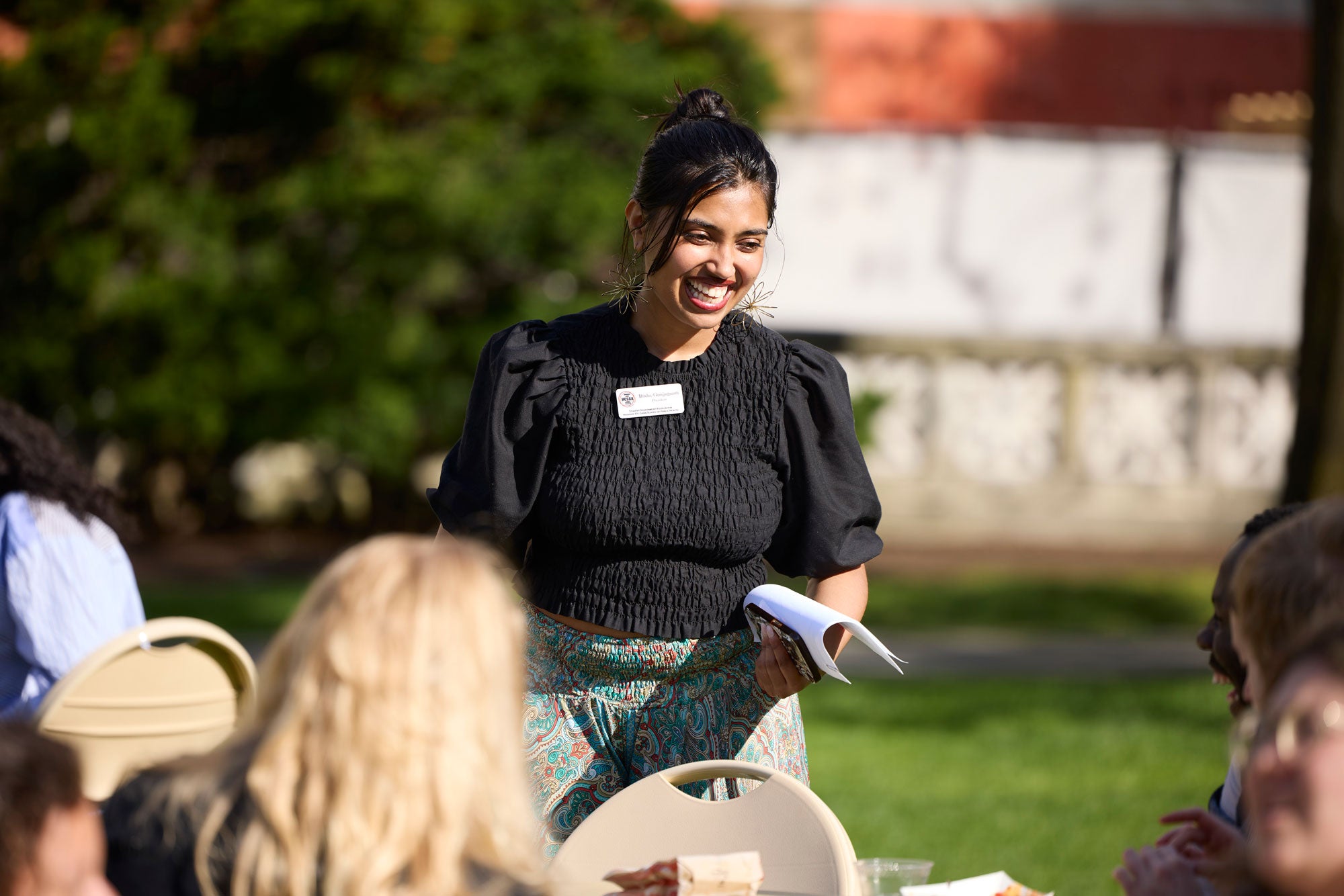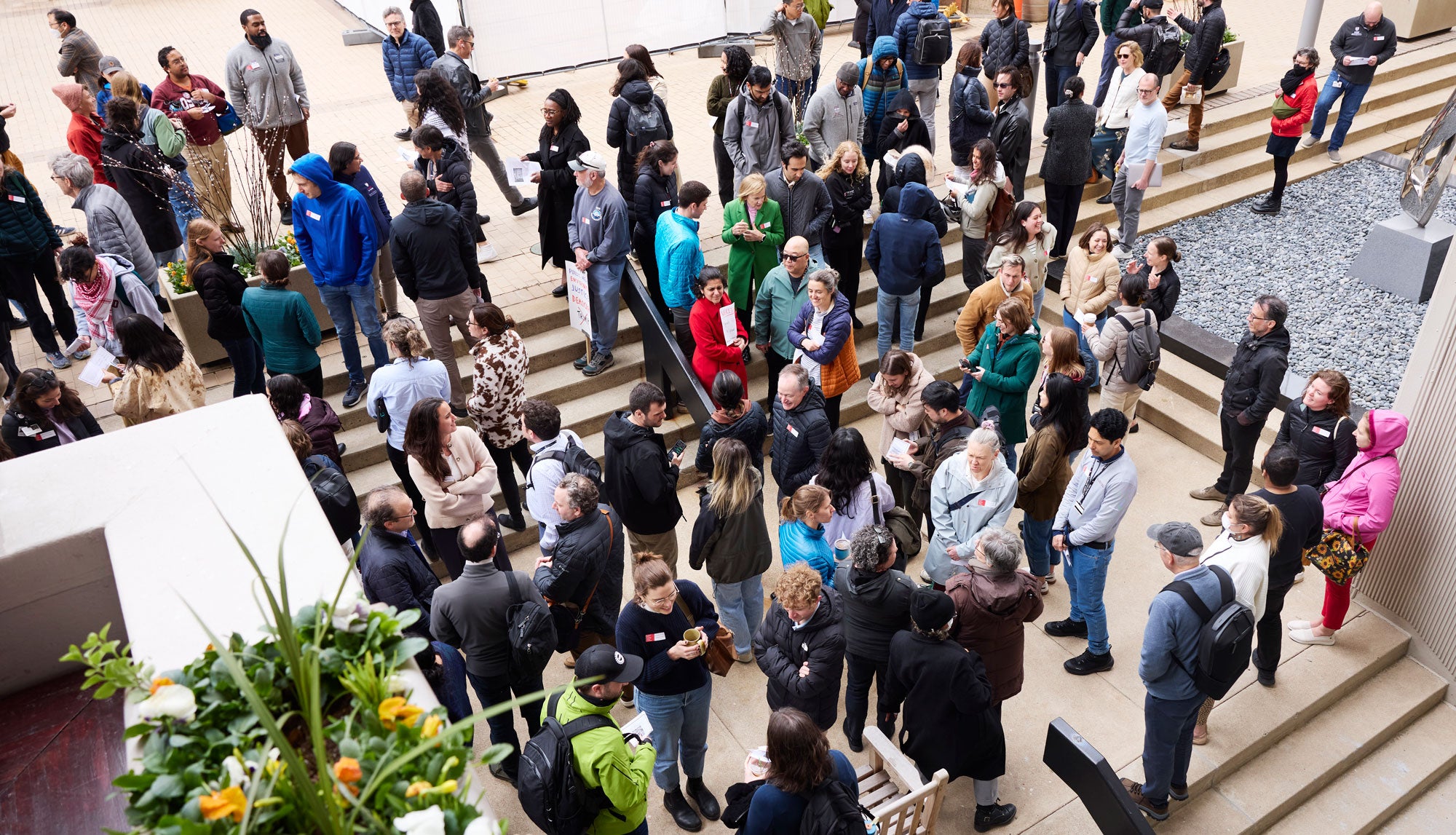Office for Community and Belonging
The Office for Community and Belonging works to foster a vibrant, inclusive, and pluralistic culture at Harvard Chan School.
Kresge Building
677 Huntington Ave.
Boston, MA 02115
Building a Thriving Community
The Harvard T.H. Chan School of Public Health mission is to build a world where everyone can thrive. That work starts at home.
The Office for Community and Belonging strives to foster a culture where every member of the Harvard Chan community is empowered and valued—and has every opportunity to thrive.
To do that, we design research-driven programs and create accessible opportunities for growth, learning, and engagement. Our programs are designed to serve every member of the community, including those who participate primarily online.


Our Guiding Questions
Under the leadership of Bryan Thomas, Jr., the School’s chief community and belonging officer, OCB is collaborating with individuals from all segments of the Harvard Chan community to consider the following questions:
- Building community: How can we elevate pluralism as a central aspect of life at Harvard Chan School by recognizing and respecting our differences and engaging constructively with one another?
- Cultivating a culture of belonging: How can we nurture a positive and inclusive environment for every member of the community?
- Fostering constructive engagement: How can we create spaces and norms that support confident, constructive, and ongoing engagement across differing viewpoints—upholding academic freedom, encouraging respectful dissent, and promoting rigorous, evidence-based dialogue, firmly grounded in science and scholarship?
- Ensuring non-discrimination, fair treatment, and access: How can we work together to ensure access and opportunity for all members of our community?
Why “Community and Belonging?”
Our office’s name captures our mission.
We bring all members of our community together to co-create thriving research, learning, and working environments where every voice is heard, every experience matters, and institutional change is a shared journey.
By emphasizing community (who is involved) and belonging (how we build trust and connections over time), OCB cultivates the conditions for shared accountability, mutual respect, and meaningful transformation.
We treat belonging not as a static state, but as a dynamic outcome of how we engage across difference, with humility, rigor, and care.
Learn about Harvard Chan School’s commitment to open inquiry
We advance our mission by supporting a free, respectful, and academically rigorous exchange of ideas, firmly grounded in science and scholarship.
Learn about student life
Explore the student experience and learn about life in Boston.
